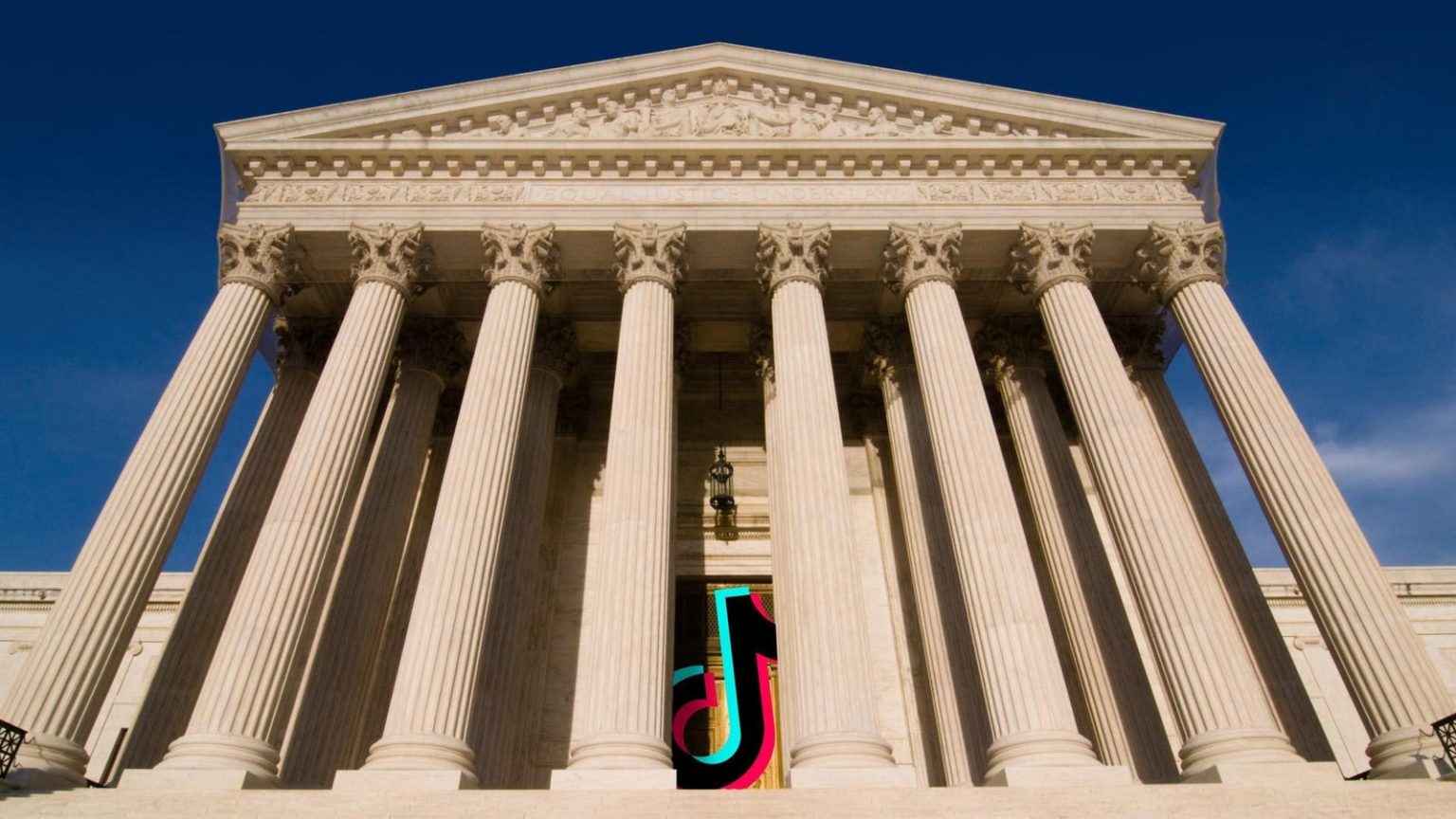TikTok’s Fate Hangs in the Balance: Supreme Court Grapples with First Amendment Implications of a Potential Ban
The future of TikTok in the United States hangs precariously as the Supreme Court deliberates on the constitutionality of a law mandating its parent company, ByteDance, to divest from the platform or face a nationwide ban. This unprecedented legal battle pits national security concerns against fundamental First Amendment rights, raising complex questions about the government’s authority to regulate speech in the digital age. At the heart of the debate lies the fear that the Chinese government could exploit TikTok to manipulate public discourse and undermine American democracy.
The justices wrestled with the inherent tension between safeguarding national security and upholding free speech principles. Chief Justice John Roberts highlighted the irony of the situation, acknowledging China’s alleged attempts to sow discord among Americans through TikTok. While foreign governments, including China, have a history of utilizing social media for propaganda and influence operations, the TikTok law marks the first time Congress has sought to directly regulate a platform to counter such efforts. This raises a critical First Amendment question: can the government, in its attempt to prevent foreign manipulation of speech, itself manipulate speech by compelling the shutdown of a widely popular platform?
ByteDance’s legal counsel argued that the government’s endeavor to combat foreign speech manipulation is inherently contradictory to the First Amendment. However, the D.C. Circuit Court of Appeals, in a controversial ruling, upheld the law, asserting that limitations on speech can sometimes be necessary to preserve a healthy free speech ecosystem. The court argued that the government’s actions were solely aimed at protecting Americans’ First Amendment freedoms, even if it meant potentially silencing a major platform for expression.
This case also exposes the immense power wielded by a handful of tech companies over the information consumed by Americans. Last term, the Supreme Court affirmed the First Amendment right of American tech giants to curate content, essentially allowing them to prioritize certain messages over others. However, foreign tech giants do not enjoy the same protection. Congress, in passing the TikTok law, argued that the same editorial control considered protected speech when exercised by a domestic company becomes a national security threat when wielded by a foreign adversary, particularly one controlled by a government like China’s.
This lack of transparency regarding content moderation practices leaves users in the dark about the forces shaping their information landscape. The recent example of Meta altering its content policies to appease the incoming Trump administration, while arguably an exercise of free speech rights by a domestic company, underscores the potential for political influence over online discourse. The TikTok case further complicates this issue by introducing the potential influence of foreign governments.
While the TikTok bill presents ByteDance with the option of selling the platform rather than facing a ban, the company has thus far resisted a sale, preferring to exit the U.S. market altogether. This stance is further complicated by the Chinese government’s prohibition on selling TikTok. Justice Amy Coney Barrett highlighted this dilemma, noting that while the ban is contingent on ByteDance’s decision, the company’s options are constrained by external pressures. Flouting the Chinese government’s mandate could jeopardize ByteDance’s business operations and the safety of its employees. Solicitor General Elizabeth Prelogar likened the situation to a game of chicken between the U.S. and Chinese governments, urging the court to allow the law to take effect and potentially compel a sale.
The ramifications of the law’s implementation extend beyond simply removing TikTok from app stores. It would require all U.S. companies supporting TikTok’s operations, from cloud providers to content delivery networks, to cease their services, effectively rendering the platform unusable in the United States. The Supreme Court has several options to prevent the law from taking effect on January 19: ruling in favor of TikTok and declaring the law unconstitutional or issuing a temporary stay while deliberations continue. An administrative stay would provide the court with more time to consider the case without having to take a position on its merits.
A swift decision is anticipated from the court before the January 19 deadline. If the law is upheld, TikTok will at least temporarily go offline, although a presidential extension could provide a brief reprieve for negotiations. However, unless the justices invalidate the law, the long-term outlook for TikTok in the U.S. remains uncertain. ByteDance will ultimately face the choice between divesting from TikTok or accepting its disappearance from the American digital landscape. This case will undoubtedly have far-reaching implications for the future of online speech, the balance between national security and free expression, and the power dynamics between governments and technology companies.






